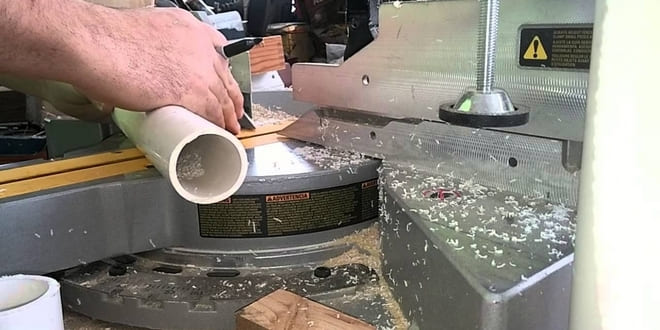Dec . 11, 2024 10:47 Back to list
High-Density Polyethylene Tube Pipe Manufacturing Solutions for Quality Applications
Exploring the World of HDPE Tube Pipe Manufacturing
High-Density Polyethylene (HDPE) tubes and pipes have transformed industries by providing durable, flexible, and chemical-resistant solutions for fluid and gas transport. The significance of HDPE pipes continues to grow, making the manufacturing process of these products crucial. This article delves into the intricacies of HDPE tube pipe factories, the manufacturing process, and the impact of HDPE pipes on various industries.
Understanding HDPE
HDPE, or High-Density Polyethylene, is a thermoplastic polymer known for its high strength-to-density ratio. Due to its remarkable properties, such as resistance to impact, chemicals, and UV radiation, HDPE becomes an ideal material for pipes used in a variety of applications, including water distribution, gas supply, and sewage systems. The resilience and versatility of HDPE make it a preferred choice in many sectors, from agriculture to municipal infrastructure.
The Manufacturing Process
The manufacturing of HDPE tubes and pipes involves several key steps
1. Polymerization The first step in manufacturing HDPE is the polymerization of ethylene gas. This process involves using catalysts to facilitate the reaction that converts ethylene into solid polymer beads, resulting in high-density polyethylene.
2. Extrusion The polymer beads are then fed into an extruder, a machine that melts the material and forces it through a die to form the desired pipe shape. The extrusion process ensures uniform thickness and allows for various diameters and lengths of pipes to be produced efficiently.
3. Cooling After extrusion, the newly formed HDPE pipe passes through a cooling system. This step solidifies the material, ensuring it retains its shape while also attaining the desired mechanical properties.
4. Cutting and Finishing Once cooled, the HDPE pipes are cut to specific lengths based on customer requirements. Finishing touches, such as drilling and marking for easy installation, may also be applied during this stage.
5. Quality Control Quality assurance is integral to the manufacturing process. HDPE pipes undergo rigorous testing for strength, durability, and resistance to various chemicals to ensure they meet industry standards and client specifications.
hdpe tube pipe factory

6. Packaging and Delivery Finally, the finished products are carefully packaged to protect them during transportation and delivered to distributors or directly to customers.
Applications of HDPE Pipes
HDPE pipes have a wide array of applications across various industries
- Water Distribution They are commonly used for potable water distribution networks due to their resistance to corrosion and biofouling. - Wastewater Management HDPE pipes are ideal for sewer systems and wastewater treatment facilities because they can withstand harsh chemicals and environmental conditions.
- Gas Supply In the oil and gas sector, HDPE pipes are utilized for gas distribution systems, ensuring safe and efficient transport.
- Agricultural Use HDPE pipes are extensively used in irrigation systems, helping to conserve water and improve crop yield.
- Industrial Applications Many manufacturing processes rely on HDPE pipes for transporting various substances, including chemicals, thanks to their resilience.
Environmental Impact
One of the most significant advantages of using HDPE pipes is their eco-friendliness. HDPE is recyclable, and its longevity means that fewer resources are required for replacements, making it a sustainable choice for construction and infrastructure projects. Moreover, HDPE's resistance to leakage reduces the risk of groundwater contamination, promoting environmental safety.
Conclusion
The manufacturing of HDPE tubes and pipes is a complex process that plays a vital role in various industries worldwide. The combination of durability, flexibility, and chemical resistance makes HDPE pipes an essential component in modern infrastructure. As technology advances and environmental concerns grow, the demand for efficient and sustainable materials like HDPE continues to rise, ensuring that HDPE pipe factories will remain pivotal in the manufacturing landscape.
-
High-Quality PVC Borehole Pipes Durable & Versatile Pipe Solutions
NewsJul.08,2025
-
High-Quality PVC Perforated Pipes for Efficient Drainage Leading Manufacturers & Factories
NewsJul.08,2025
-
High-Quality PVC Borehole Pipes Durable Pipe Solutions by Leading Manufacturer
NewsJul.08,2025
-
High-Quality PVC Borehole Pipes Reliable PVC Pipe Manufacturer Solutions
NewsJul.07,2025
-
High-Quality UPVC Drain Pipes Durable HDPE & Drain Pipe Solutions
NewsJul.07,2025
-
High-Quality Conduit Pipes & HDPE Conduit Fittings Manufacturer Reliable Factory Supply
NewsJul.06,2025

